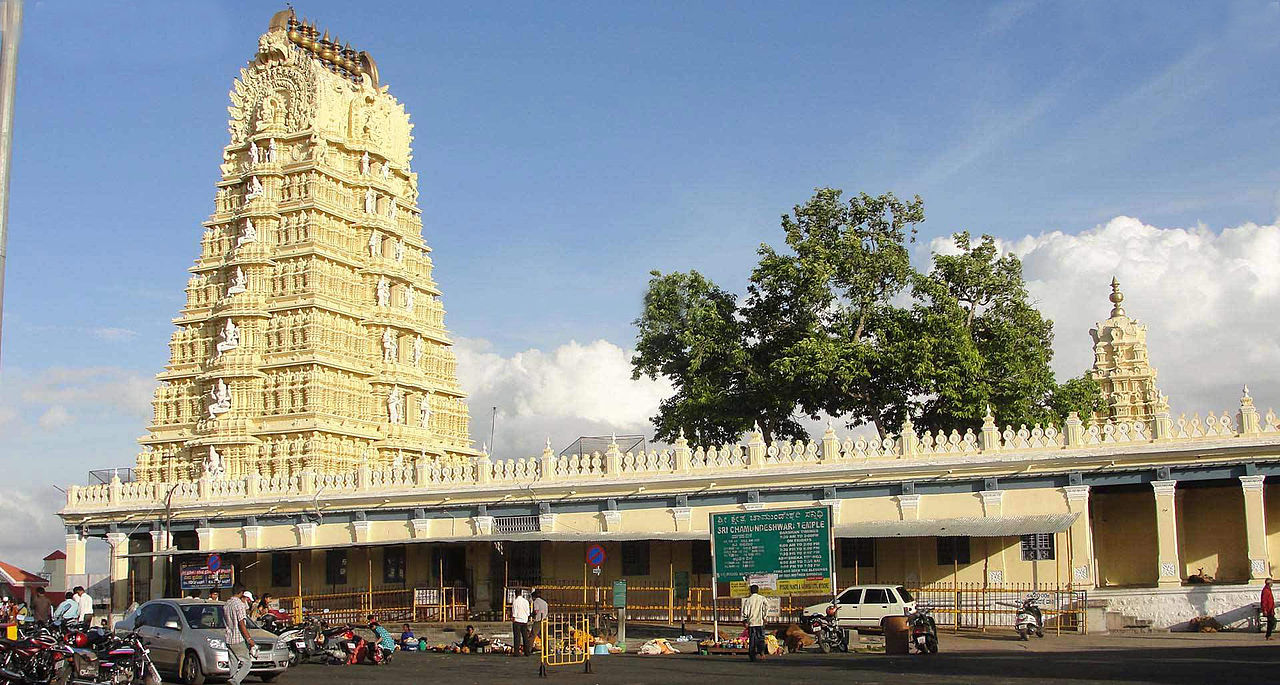Unveiling the Secrets of Shakti Peethas: A Pilgrimage to India’s Sacred Sites
India is a country of ancient legends and mystical beliefs, and one of the most significant beliefs is the presence of Shakti Peethas. These are the divine abodes of the feminine cosmic power or the Goddess Shakti, who is believed to have taken her final resting place at various locations across India. There are a total of 51 Shakti Peethas in India, each associated with a different part of the goddess’s body.
Visiting these holy sites can be a life-changing experience for those seeking spiritual enlightenment and connection with the divine feminine. Here are some must-visit Shakti Peethas in India that offer a glimpse into the country’s spiritual and cultural heritage.
Kamakhya Temple, Guwahati:
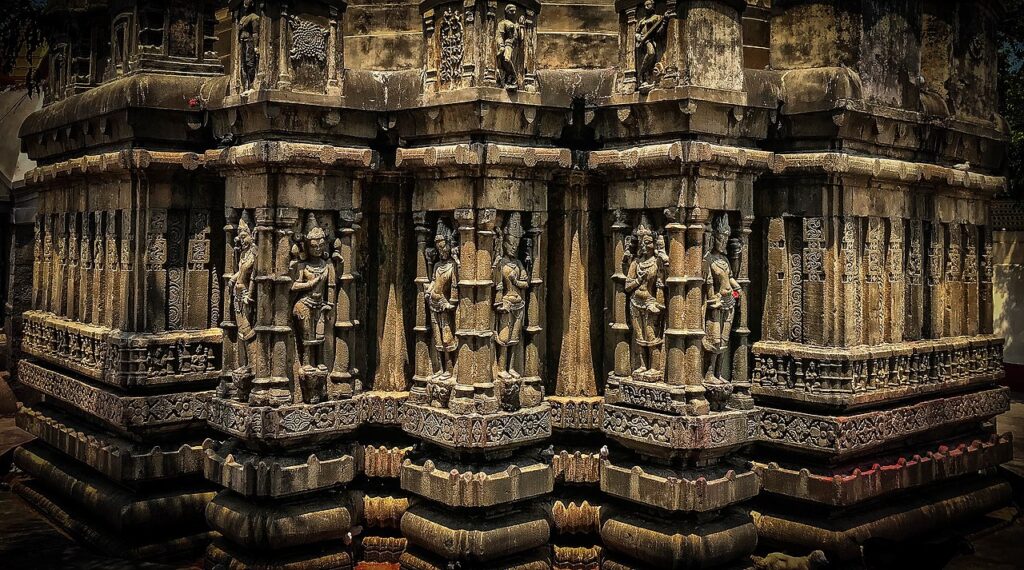
Located atop the Nilachal Hill in Guwahati, Assam, Kamakhya Temple is one of the most revered Shakti Peethas in India. It is believed that the yoni or the reproductive organ of the Goddess Sati fell here when Lord Shiva was carrying her burnt body. The temple is known for its Tantric worship and is also a popular destination for the annual Ambubachi Mela, where thousands of devotees gather to celebrate the menstruation of the goddess.
Jwalamukhi Temple, Himachal Pradesh: Must-Visit Shakti Peethas in India
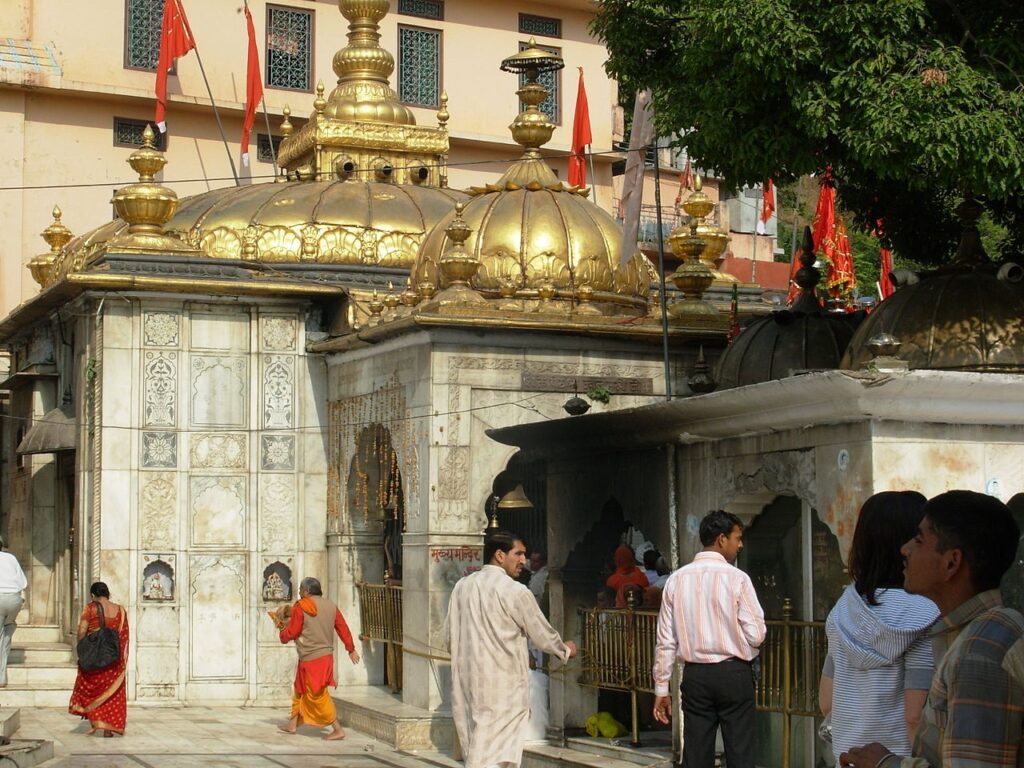
Located in Kangra district of Himachal Pradesh, Jwalamukhi Temple is a unique Shakti Peetha that has a flame burning continuously from a rock, which is believed to be the mouth of the goddess. It is said that the tongue of Sati fell here, and the temple is dedicated to the goddess’s fiery form.
Vaishno Devi Temple, Jammu and Kashmir:
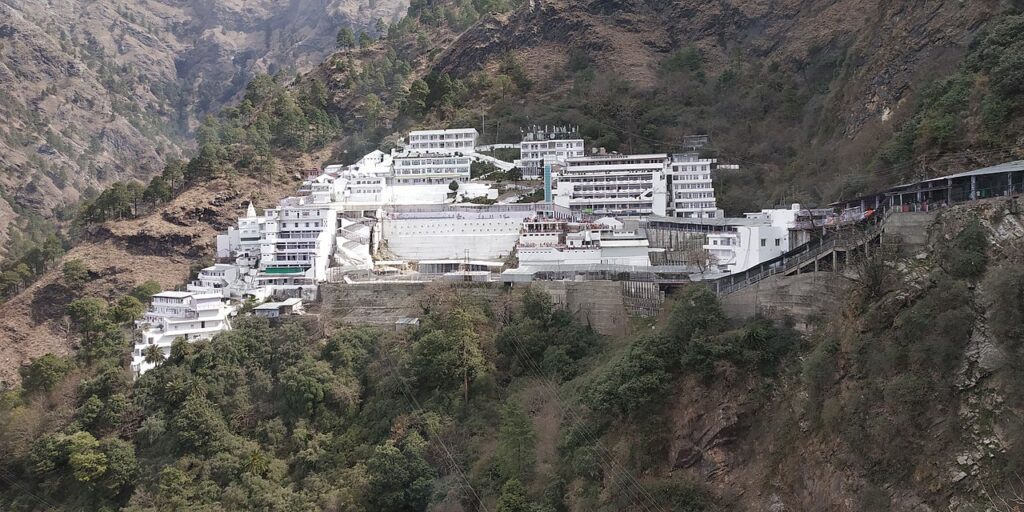
Nestled in the Trikuta Mountains in Jammu and Kashmir, Vaishno Devi Temple is one of the most popular pilgrimage destinations in India. The temple is dedicated to the goddess’s form as Maha Kali, Maha Lakshmi, and Maha Saraswati. The temple is located at an altitude of 5200 feet and is accessible only by trekking.
Kalighat Temple, Kolkata:
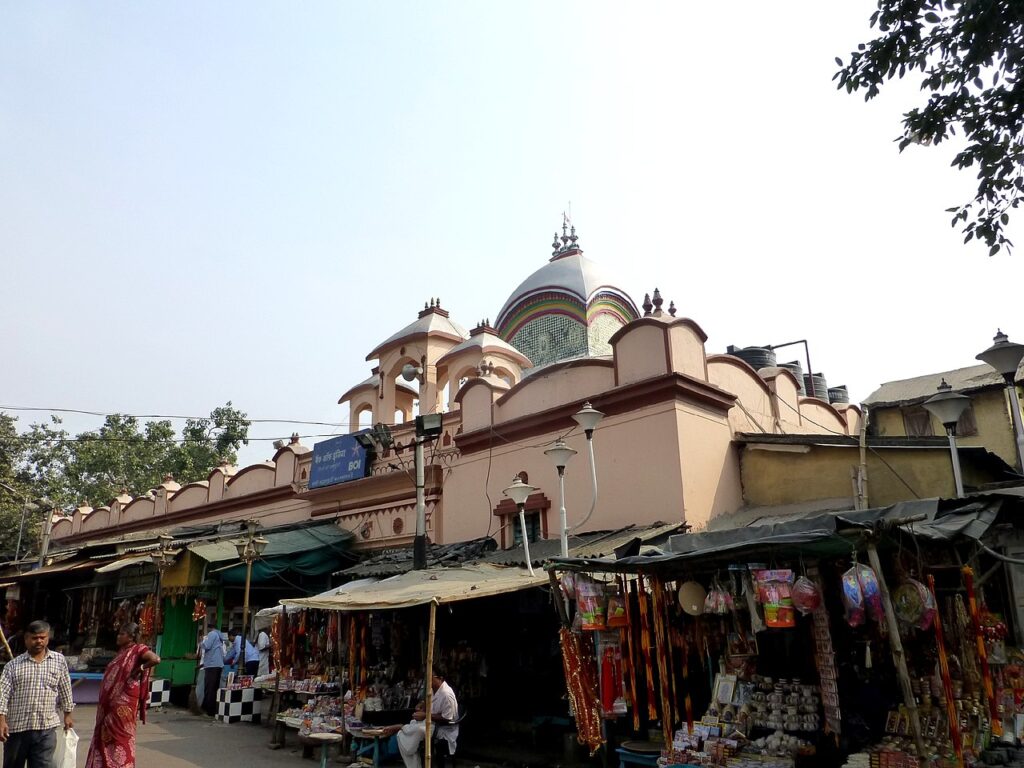
Located in the heart of Kolkata, Kalighat Temple is one of the oldest and most significant Shakti Peethas in India. It is believed that the toes of Sati’s right foot fell here, and the temple is dedicated to the goddess’s form as Kali. The temple is known for its traditional architecture and the daily rituals that take place here.
Chamundeshwari Temple, Mysore:
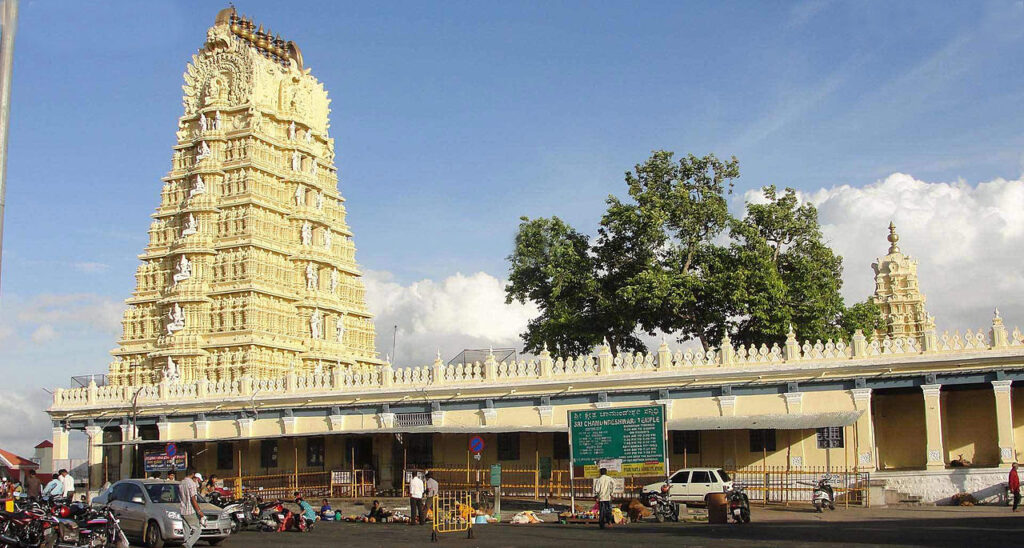
Located atop the Chamundi Hills in Mysore, Karnataka, Chamundeshwari Temple is one of the most visited Shakti Peethas in South India. It is dedicated to the goddess’s form as Chamundeshwari, and the temple complex also houses several other deities. The temple offers a panoramic view of Mysore and is also known for its intricate carvings and architecture.
Accommodation options near these Shakti Peethas range from budget to luxury, and visitors can choose from hotels, lodges, and guesthouses. It is recommended to plan the visit during off-peak seasons to avoid large crowds and to make the most of the spiritual experience. Visitors should also be respectful of the religious and cultural significance of these sites and follow the dress code and other rules and regulations.
In conclusion, visiting Shakti Peethas can be a spiritually enriching experience that offers a glimpse into India’s diverse cultural and religious heritage. Each of these Shakti Peethas has a unique story and significance, and visiting them can help connect with the divine feminine energy and find inner peace and harmony.
Frequently Asked Questions (FAQs)
A. Shakti Peethas are divine abodes of the feminine cosmic power or the Goddess Shakti. There are a total of 51 Shakti Peethas in India, each associated with a different part of the goddess’s body.
A. Some of the must-visit Shakti Peethas in India are Kamakhya Temple in Guwahati, Jwalamukhi Temple in Himachal Pradesh, Vaishno Devi Temple in Jammu and Kashmir, Kalighat Temple in Kolkata, and Chamundeshwari Temple in Mysore.
A. Kamakhya Temple is one of the most revered Shakti Peethas in India, where the yoni or the reproductive organ of the Goddess Sati fell, according to Hindu mythology. It is also known for its Tantric worship and the annual Ambubachi Mela, where thousands of devotees gather to celebrate the menstruation of the goddess.
A. Jwalamukhi Temple is a unique Shakti Peetha in Himachal Pradesh that has a flame burning continuously from a rock, believed to be the mouth of the goddess. It is dedicated to the goddess’s fiery form, and the temple is built around the flame.
A. Vaishno Devi Temple is dedicated to the goddess’s forms as Maha Kali, Maha Lakshmi, and Maha Saraswati. The temple is located in the Trikuta Mountains in Jammu and Kashmir and is accessible only by trekking.
FAQs
A. Kalighat Temple is one of the oldest and most significant Shakti Peethas in India, located in Kolkata. It is dedicated to the goddess’s form as Kali, and the temple is known for its traditional architecture and the daily rituals that take place here.
A. Chamundeshwari Temple, located atop the Chamundi Hills in Mysore, is dedicated to the goddess’s form as Chamundeshwari, and the temple complex also houses several other deities. It offers a panoramic view of Mysore and is known for its intricate carvings and architecture.
A. Accommodation options near these Shakti Peethas range from budget to luxury, and visitors can choose from hotels, lodges, and guesthouses.
A. It is recommended to plan the visit during off-peak seasons to avoid large crowds and to make the most of the spiritual experience.
A. Visitors should be respectful of the religious and cultural significance of these sites and follow the dress code and other rules and regulations. They should also maintain cleanliness and avoid causing any disturbance to the environment and the local community.
